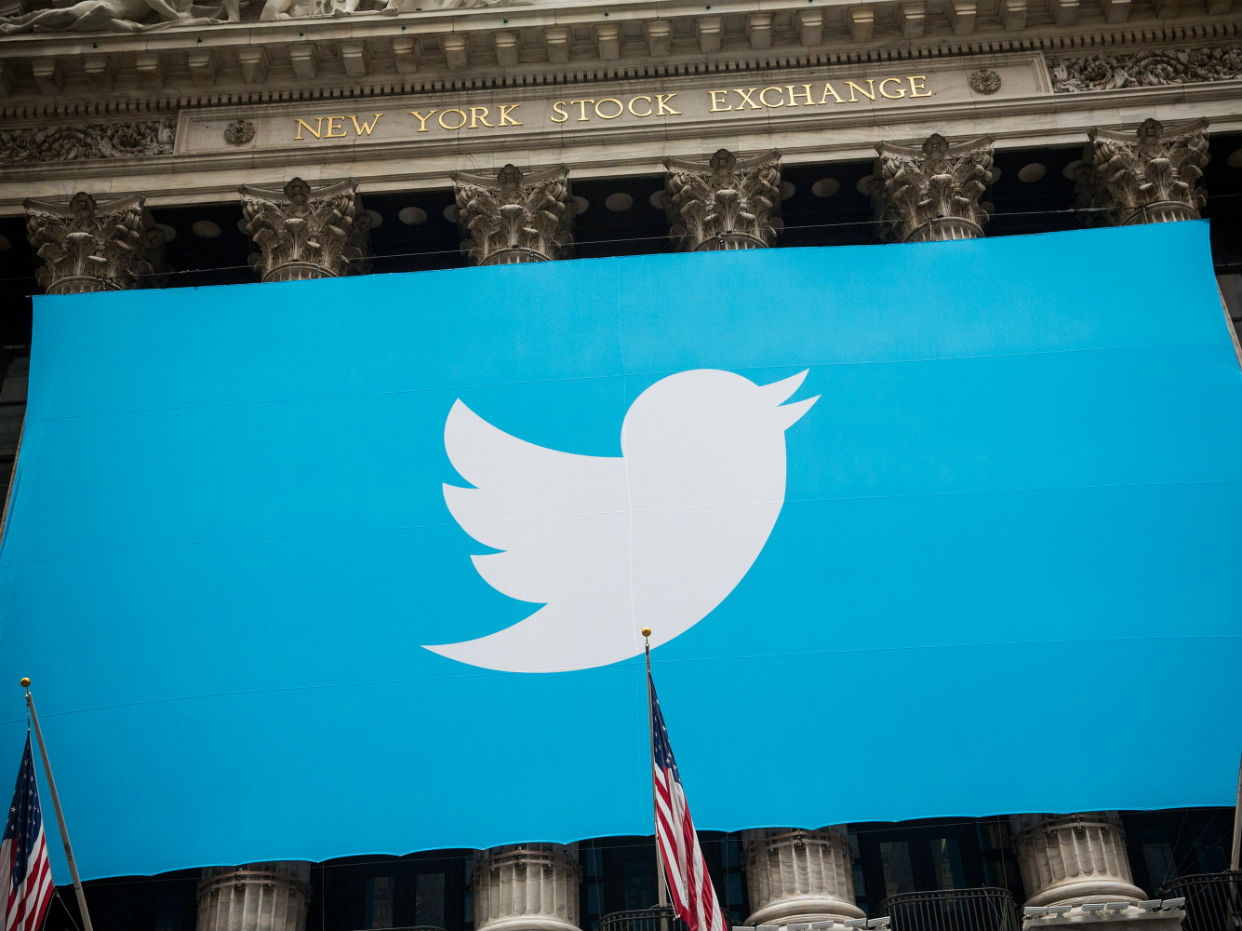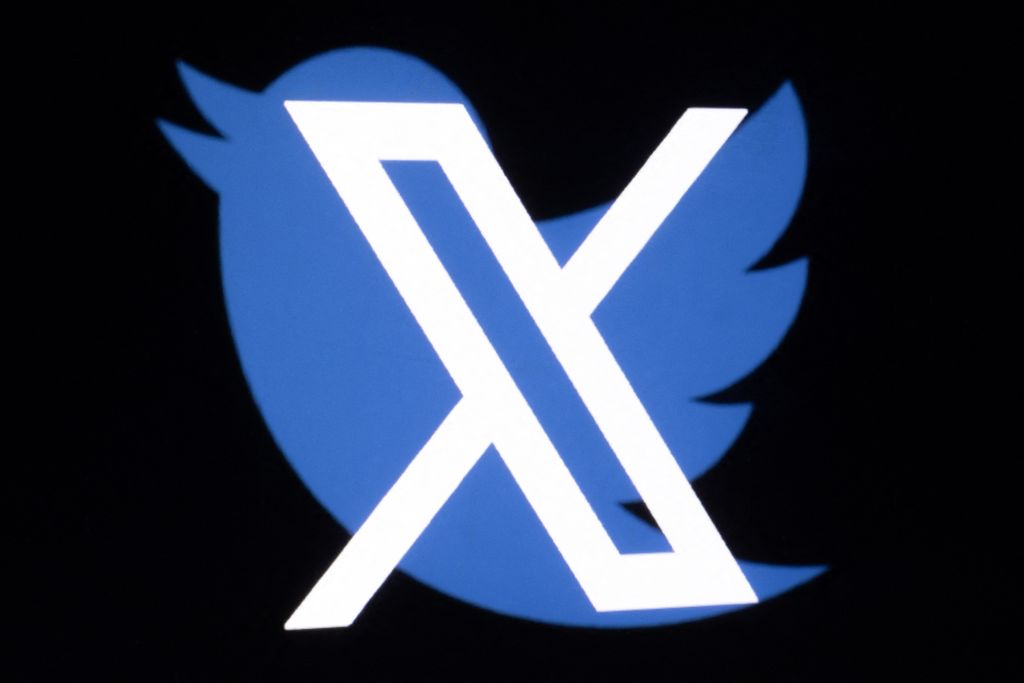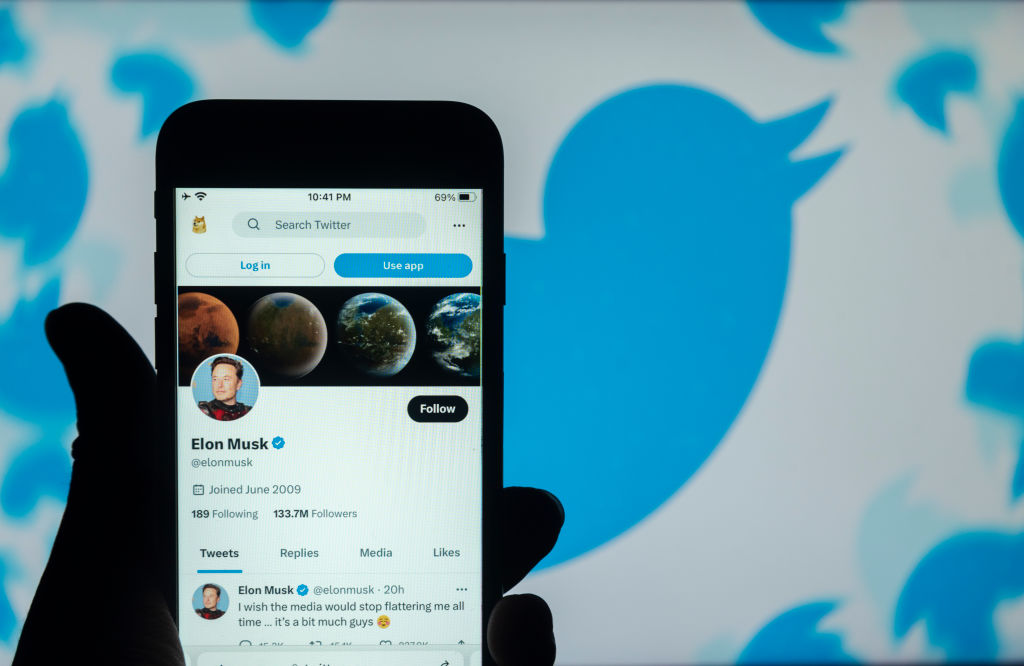Twitter revenues drop for first time
Social network's better-than-expected 11 per cent drop in advertising sees shares rise eight per cent

A free daily email with the biggest news stories of the day – and the best features from TheWeek.com
You are now subscribed
Your newsletter sign-up was successful
Twitter has recorded a drop in revenue for the first time in its history as advertisers pull back from the social network.
However, the 11 per cent reduction in advertising last year, leading to an eight per cent fall in revenues in the first quarter of 2017 to $548m (£427m), was better than analysts had expected.
Combined with a significant increase in users, the news cheered investors and Twitter's shares rose by close to eight per cent overnight.
The Week
Escape your echo chamber. Get the facts behind the news, plus analysis from multiple perspectives.

Sign up for The Week's Free Newsletters
From our morning news briefing to a weekly Good News Newsletter, get the best of The Week delivered directly to your inbox.
From our morning news briefing to a weekly Good News Newsletter, get the best of The Week delivered directly to your inbox.
Nevertheless, the latest figures cannot mask serious problems at the social media platform, says The Guardian.
Since it launched 11 years ago, Twitter has never turned a profit and in recent years "has struggled to maintain the scale of user growth it once enjoyed", even with a "boost" from Donald Trump following his election.
Its six per cent year-on-year increase in users pales in comparison to the numbers joining rivals such as Snapchat and Instagram, while it averages 328 million average monthly active users and Facebook sees more than 1.5 billion.
Jack Dorsey, Twitter co-founder and chief executive, said he believed continuing to grow the site's audience would "result in positive revenue growth over the long term", despite the "revenue headwinds".
A free daily email with the biggest news stories of the day – and the best features from TheWeek.com
Last year, Twitter cut its global workforce by nine per cent, almost 350 people, and was rejected by a series of potential buyers, including Google and Salesforce.com.
-
 5 calamitous cartoons about the Washington Post layoffs
5 calamitous cartoons about the Washington Post layoffsCartoons Artists take on a new chapter in journalism, democracy in darkness, and more
-
 Political cartoons for February 14
Political cartoons for February 14Cartoons Saturday's political cartoons include a Valentine's grift, Hillary on the hook, and more
-
 Tourangelle-style pork with prunes recipe
Tourangelle-style pork with prunes recipeThe Week Recommends This traditional, rustic dish is a French classic
-
 Elon Musk overshadows his own Cybertruck rollout
Elon Musk overshadows his own Cybertruck rolloutTalking Point The X owner's latest bizarre public appearance and incendiary comments threaten to derail the 'biggest product launch of anything by far on Earth this year'
-
 Elon Musk to X's fleeing advertisers: 'Go f--- yourself' and 'don't advertise'
Elon Musk to X's fleeing advertisers: 'Go f--- yourself' and 'don't advertise'Speed Read 'What this advertising boycott is going to do is to kill the company,' Musk said at a public conference
-
 Elon Musk kills the bird
Elon Musk kills the birdfeature Is X a necessary evil or more of an expensive mistake?
-
 Threads: Meta's Twitter clone gains a foothold
Threads: Meta's Twitter clone gains a footholdfeature The competition to usurp Twitter is heating up
-
 Can Linda Yaccarino save Twitter?
Can Linda Yaccarino save Twitter?feature The new CEO is taking on a near-impossible job
-
 Twitter: how are the company’s finances?
Twitter: how are the company’s finances?feature Elon Musk says Twitter is ‘breaking even’ but industry experts have slashed ad revenue projections
-
 Elon Musk: Remaking Twitter in his own image
Elon Musk: Remaking Twitter in his own imagefeature Why the blue checkmark has lost its value
-
 Is Mark Zuckerberg out of ideas?
Is Mark Zuckerberg out of ideas?Speed Read The subscription service Meta Verified sounds awfully familiar